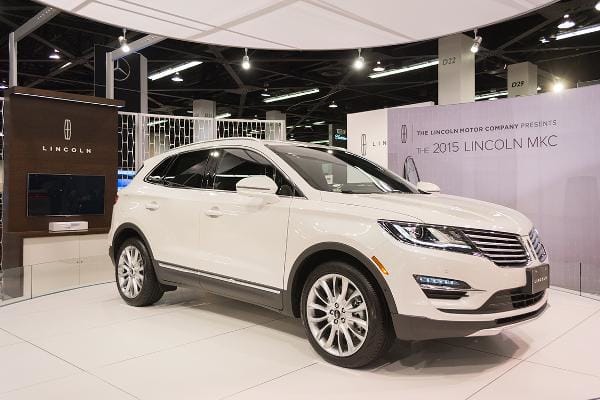
The last few days have been very eventful for Ford.
Its news had never been so rich. The automaker has announced a major deal with rival Tesla (TSLA) in electric vehicles. This agreement will give access, from 2024, to owners of Ford electric vehicles -- Ford Mustang Mach-E SUV, F-150 Lightning, Ford E-Transit -- to 12,000 stations of the supercharging network of the group of Elon Musk.
They will only need to buy an adapter whose cost will be around $100 to recharge the battery of their vehicle in a short time. This is a huge boost for Ford because one of the issues that keeps a large number of consumers from buying an electric vehicle is the lack of charging infrastructure, especially when they want to travel long distances.
"To accelerate EV adoption and make the transition successful for our customers, we must improve the charging infrastructure," Chief executive Officer Jim Farley said on May 25. "Excited to work with @ElonMusk & @Tesla to give our @Ford EV owners access to the Tesla charging network."
Lincoln MKC SUV Have a Defect
Farley and his team also tried to convince investors, experts and analysts that they can achieve the ambitious objectives of their strategic plan to produce 2 million vehicles per year from 2026, up from an expected 600,000 units by the end of 2023. To achieve this goal, the Dearborn, Mich.-based company is planning to spend $50 billion on electric vehicles between 2022 and 2026. It previously planned to spend $30 billion in the five years ending in 2025.
"The days of being all things to all people are over at Ford,” Farley said on May 22.
"We’re developing and delivering connected, digital products that give customers tailored ownership experiences -- opening up diverse revenue pools and unprecedented growth for us instead of jockeying for slivers of share with complex hardware in overserved vehicle categories.”
The group also unveiled new models. But this beautiful sequence has just been interrupted by a new negative. Ford is issuing a warning to owners of the MKC SUV model years 2015-2019 produced by its premium brand Lincoln. The carmaker asks them to immediately park this luxurious model outdoors and away from structures because the engine could catch fire.
"On these vehicles, the location of the battery monitor sensor may make the sensor susceptible to damage when the battery or related electrical components are serviced," Ford (F) said in a statement. "In the event of battery monitor sensor housing damage, an electrical short may develop in the sensor’s printed circuit board. If this happens, a lack of fusing in the sensor power circuit may cause the surrounding materials to overheat."
The carmaker added that affected vehicles need an in-line fuse added to the battery monitor sensor power circuit to prevent electrical current load, due to shorting, from overheating surrounding material.
Affected vehicles were built between August 20, 2013, and August 2, 2019, Ford said in documents submitted to the National Highway Traffic Safety Administration.
Ford said it is aware of 19 potentially related reports of under-the-hood fires that could be related to the defect, including some reports when the vehicle was parked and off. Of those reports, 11 happened in the United States, seven in China and one in Canada.
Ford Will Pay for the Repairs
The company, which is issuing a recall of the affected vehicles, said is not aware of any accidents or physical injuries related to the sensor issue.
About 142,522 vehicles in the United States and United States federal territories are impacted.
The company has a fix: it will supply Ford dealers and Lincoln retailers with parts and repair instructions to resolve the issue. Dealers will add an in-line fuse to the battery monitor sensor power circuit.
But customers who are unable to park their vehicle outside should contact a local retailer or Ford’s Customer Service Center at 1-833-807-3673 for additional assistance.
Ford will cover the costs and also undertakes to reimburse car owners who had paid for repairs prior to notification of a safety recall in May 2021. The ending date for reimbursement eligibility is estimated to be Nov. 30, 2023.
The automaker said it became aware of the defect last March, when it received 18 reports of under-the-hood fire allegations on 2015 to 2017 model year MKC vehicles in North America and China. The vehicles were parked and off at the time of the fires.
The automaker investigated the incident in March, April, and May.







